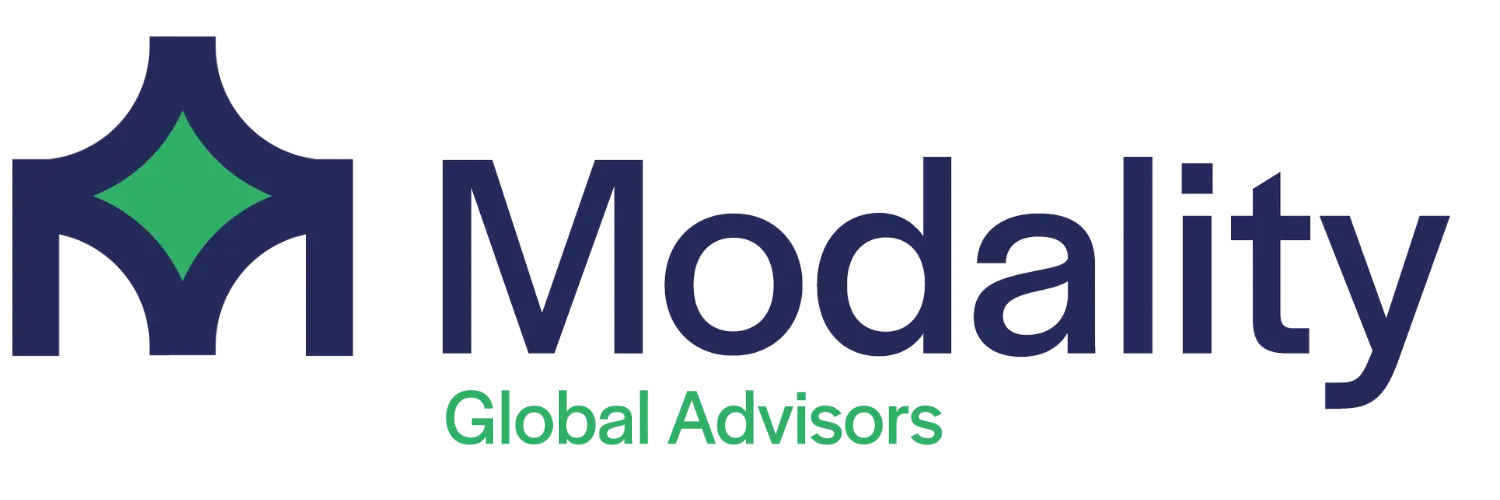Rethinking Workforce Models in UAE Hospitals: From Expat Dependency to Local Empowerment
Rethinking Workforce Models in UAE Hospitals: From Expat Dependency to Local Empowerment
The UAE has long relied on an expatriate workforce to power its health system; an estimated 80–90% of clinical staff in the country are foreign-trained, according to the World Health Organization. While this model has enabled rapid healthcare expansion, it has also exposed vulnerabilities in continuity, cost stability, and long-term workforce sustainability.
As the UAE pushes toward national healthcare sovereignty under Vision 2031 and Emiratization targets outlined by the Ministry of Human Resources and Emiratisation (MoHRE), healthcare organizations must rethink traditional staffing models.
The question is no longer if hospitals should move beyond expat dependency, it's how to build resilient, future-ready teams through strategic localization and skill development.
The Risks of Over-Reliance on Expatriate Labor
Expat-driven workforce models have historically been efficient, but they carry hidden risks:
- High turnover rates, particularly among nursing and allied health staff, disrupt patient care continuity.
- Rising labor costs due to global competition as Gulf countries compete for the same pool of professionals.
- Knowledge leakage, as transient expatriates often rotate out before contributing to long-term system improvements.
- Regulatory misalignment, where imported staff may lack familiarity with UAE-specific health protocols and quality standards.
These gaps are increasingly critical in perioperative care, emergency medicine, and sterile processing, areas that demand highly coordinated, culturally contextual, and protocol-driven expertise.
Local Empowerment Through Structured Talent Pipelines
Leading UAE health systems are pivoting from “importing talent” to “developing capability.” Successful workforce transformation requires a multi-layered strategy:
- Grow Emirati Clinical Leadership, Not Just Headcount
Localization cannot be limited to entry-level roles. Structured residency programs, leadership tracks, and perioperative mentorship pathways help cultivate Emiratis as charge nurses, OR managers, and clinical directors, critical positions historically held by expatriates. - Create Hybrid Workforce Models
Rather than replacing expatriates, UAE hospitals are pairing international expertise with national successors. Expats shift from frontline roles to mentorship and skills transfer, turning workforce transition into planned succession rather than abrupt replacement. - Invest in Continuous Upskilling
Specialized departments like Central Sterile Processing (CSP), ICU, and oncology cannot rely on imported competencies alone. Structured certification programs in infection control, digital health, and value-based care ensure that both expat and local staff evolve with system needs.
Digital Transformation as a Workforce Equalizer
Technology is also accelerating localization. AI-driven clinical decision tools, digital training platforms, and remote supervision models enable Emirati staff to close skill gaps faster while reducing the onboarding burden on expatriate trainers.
Efforts like SEHA’s Virtual Training Command Center and Dubai Academic Health Corporation’s simulation-based learning hubs demonstrate how digital-first workforce strategies can scale competency without relying solely on foreign recruitment.
Final Thought: From Temporary Staffing to Long-Term Sovereignty
The UAE’s healthcare transformation is about intellectual independence. Expat clinicians will continue to play a role, but the future belongs to systems built on empowered local teams, supported not overshadowed by global expertise.
For hospitals, the strategic mandate is clear:
Stop treating the workforce as a recruitment problem. Start treating it as a capability-building mission.
Modality Global Advisors continues to support systems in workforce strategy design, clinical leadership development, and perioperative training transformation.






